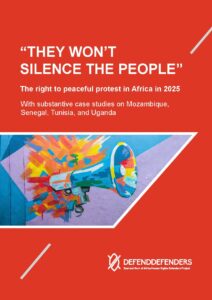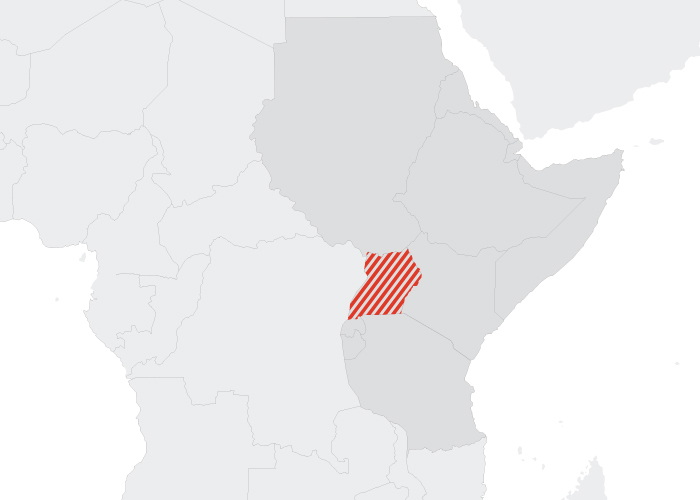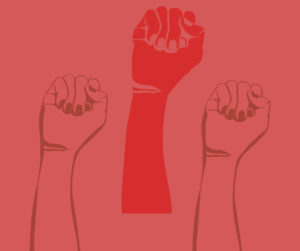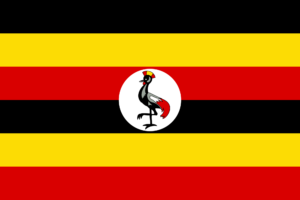
“They won’t silence the people”: The right to peaceful protest in Africa in 2025
Protesting is part and parcel of the human experience. Across the world, people protest against injustice, discrimination, and power abuse. They protest for justice, human rights, and accountability. Thinkers such as Henry David Thoreau and Martin Luther King Jr. stressed that everyone carries a moral duty to resist unjust systems and unfair laws. This remains true.
In Africa, as elsewhere, people demonstrate to defend their rights and the rights of others, or to push for change. Since progress can only be achieved if ideas circulate freely, people should be able to express even controversial, non-conformist views. Those holding positions of power should not silence critical voices or prevent them from peacefully assembling and organising themselves. This is particularly important as historically marginalised groups, who have often been excluded from political decision, seek to express grievances and set issues on the political agenda by protesting.



